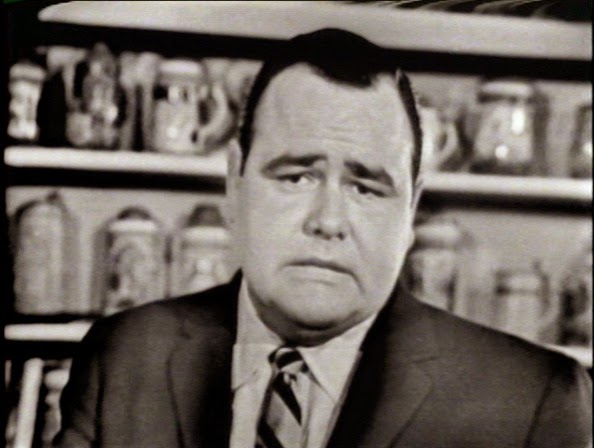 |
| Anita McCune, Betty Sue Perry, and Jodi Bancino |
I decided to write about Jodi Bancino after seeing this photo of her in The Tennessean. The caption said that it pictured Anita McCune, Betty Sue Perry, and Jodi Bancino in 1961 preparing for WSM's Country Music Festival. The three songwriters, it added, "became pen pals when each started writing songs for Sure-Fire Music Co. in Nashville." (Betty Sue Perry, incidentally, was the oldest daughter of country star Loretta Lynn.)
I knew of Bancino from Joe Dowell's song "Little Bo Peep," which she wrote. Dowell briefly mentioned her in his interview with Music Weird. The first of his three-part interview is here.
Sure-Fire Music Co. was owned by the Wilburn Brothers, a country music brother duo that scored a big hit in 1959 with a remake of the murder ballad "Knoxville Girl." Although Teddy and Doyle Wilburn were the brothers who made up the musical duo, their older brothers Leslie and Lester shared ownership in Sure-Fire Music. Doyle and Teddy originally started the company with steel guitarist Don Helms, who was their neighbor at the time, but the Wilburns' other brothers joined when the company got too big for Doyle, Teddy, and Helms to manage alone. Helms and the Wilburns also owned the Wil-Helm Talent Agency in Nashville.
 |
| The Wilburn Brothers with Loretta Lynn |
The Wilburn Brothers helped Dowell get his contract with Smash Records, so that was how he ended up cutting Bancino's "Little Bo Peep." Bancino wrote numerous songs for the Wilburn Brothers, including "The Land of Heaven" (with Eileen Maultsby), "No One Knows Better than Me" (as Jodie Bancino), "Someone Else's Love," and "Look Down."
 |
| Billboard, May 19, 1962 |
She also wrote "I Don't Hurt as Much," which appeared as the B-side of T. Tommy Cutrer's twist remake of Jim Lowe's "The Green Door." The two Billboard clippings shown here mention her song.
 |
| Billboard, May 26, 196 |
Jodi Bancino died in September 2010 at the age of 92. Her obituary mentioned her songwriting career (my bold):
Bancino, age 92, went home to be with her Lord and Savior on Thursday, September 9, 2010. She was preceded in death by her husband, Carl, sister, Rose Jeluso, brothers, John and Sam Geluso. She will be lovingly remembered by her sons, Andy (Sharon) Bancino [died March 7, 2011] of Grandville, John (Rosetta) Bancino of Bradley, MI; eight grandchildren; 15 great grandchildren; six great great grandchildren; sister, Ann Valentine; brother, Frank (Francis) Geluso; many nieces and nephews. She was very proud of her gifted ability to be able to write songs that were produced and published in Nashville, TN by the Wilburn Bros. of Sure-Fire Music. To this day at 92 years of age she still received royalties for her music played around the world. We would like to thank the staff at Railside Living Center of Byron Center for her excellent care and friendship the past 9 years. Mass of Christian Burial will be celebrated 10:00 a.m. Saturday, September 11, 2010 at Our Lady of Sorrows, 101 Hall St. SE with Rev. Theodore Kozlowski as celebrant. The family will greet relatives and friends Friday from 6 to 8 p.m. at Ronan Vanderpool Stegenga Funeral Chapel and one hour prior to the Mass at church. Interment Woodlawn Cemetery.


